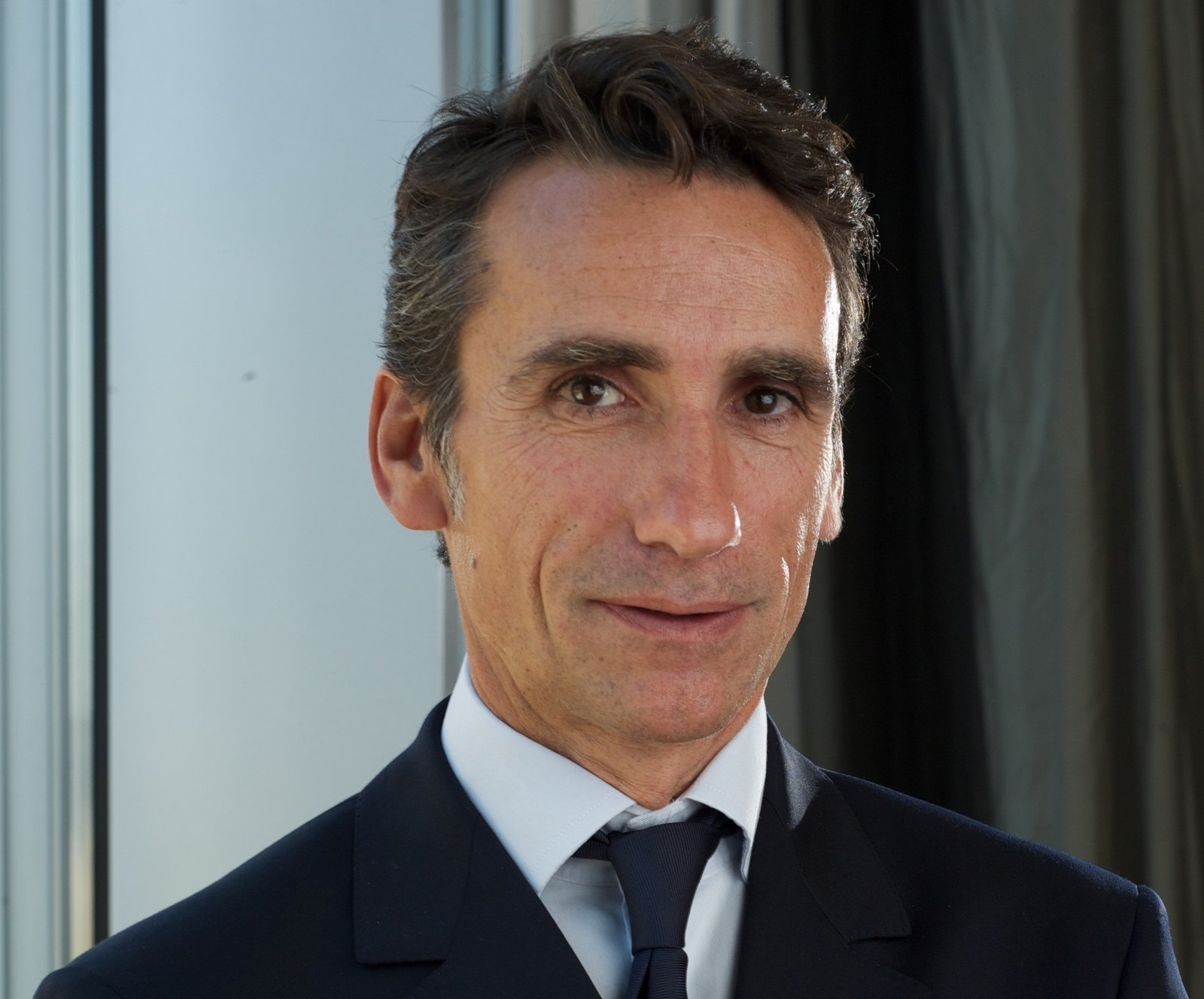Channel Post speaks to Alain Penel, the Regional Vice President for Middle East at Fortinet, about security threats faced by companies today and how companies can keep themselves safe from these threats.

How do you see the Middle Eastern IT security evolving?
The Middle East is a very active market in terms of security investments. As a company, Fortinet is growing across the region thanks to the increase in demand from organizations, especially in markets such as Oman, Qatar, KSA and UAE. I believe the region will continue to make strategic security investments with the governments and public sector leading the way.
What sort of threats do companies and end users in the Middle East face today?
The region faces the same threats as the rest of the world, and there is no specific threat targeted towards the Middle East.
With the increased adoption of mobile devices, cloud computing and social media, what sort of advanced security threats are lurking around in cyberspace?
Currently, the highest risk is with mobile malware sending SMS to premium phone numbers without your knowledge. Second is malware affecting our privacy, i.e apps that collect (really too much) data about us or pure spyware that eavesdrop on our communications and SMS messages.
The problem with privacy is that it is even less regarded than security. In some cases, it’s even possible to make money out of data, by re-selling information probably generates large revenue, or sometimes those spyware steal credentials for mobile banking.
How does your company intend to help companies keep security threats at bay?
Fortinet has a robust product portfolio of security products which are developed to detect and keep security threats at bay. Our products work in real time, offer greater control and are most of all, meet enterprises’ requirements for the most secure products. Our latest high-performance next-generation firewall, the FortiGate-1500D is destined to disrupt the security market.
What sort of channel strategies does your company have in place?
An aggressive channel strategy is key to Fortinet, and to our success in the region. We are growing and bringing on more partners to help us widen our reach. Currently we work with Exclusive Networks who is our VAD for the region, but we also work with Oxygen to cover the huge Saudi Arabian market as well as Iraq, while Online Distribution covers the Pakistan market.
We are also looking to extend our partnership by country to enable on-ground support. We have also just announced a free online training for our partners where they can get trained and certified in certain courses. I believe this is a big step forward as most of the time training and certification is a complex task, and now we are making it accessible and providing this service as part of our strategy.
We are also looking towards growing partnerships in Saudi Arabia, UAE, Qatar, and Oman. We are also focused on the overall market and are working in tandem with our bronze partners to target the region’s SME market, while our Gold & Silver partners are focusing on large enterprises and the government sector.
What product strategies do you have for the rest of the year?
Fortinet’s products are regularly setting the norm in terms of cost/performance ratio and reliability. Fortinet’s technology has been developed fully in-house from Day 1 and the company has total control over the design of our products, making no compromises on quality, performance and reliability. Technological innovation is at the heart of Fortinet’s strategy to address the stringent security requirements of its customers.
Fortinet’s solutions are continuously enhanced with the latest technological innovations to remain at the forefront of the industry in terms of functionnality and performance at the best price. And we will continue on that way for the rest of the year.












